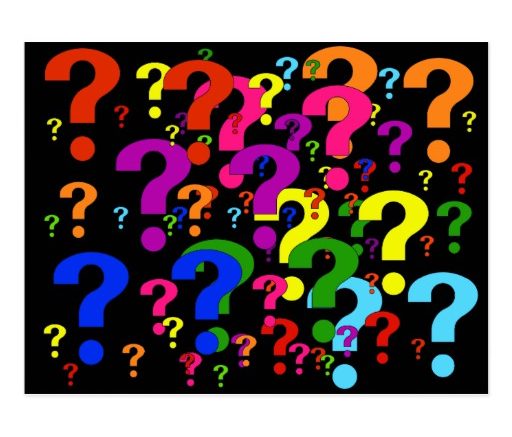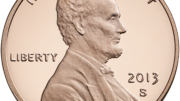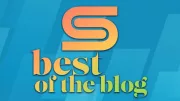I’ve been writing and rewriting this article for years. Sometimes, it seems irrelevant. Sometimes it seems super relevant. Every so often, you hear of some new case where someone claims to have a patent on something like the close button, or boxes with rounded corners. Should you be able to patent that stuff? After all this time, the answer is: Heck if I know.
A deeper dive
It’s an ongoing situation. On the one hand you have companies trying to patent things that are way too obvious. They may not have seemed obvious at the time but today, it’s something everyone uses. On the other hand, sometimes a company will invest millions only to have the patent invalidated. What if all patents are invalid? Then what, Batman?
This does not mean free software for everyone and it does not mean the end of the world. First of all most people who talk oh-so-eloquently about this subject get confused between a patent and a copyright. There’s a lot of legalistic mumbo jumbo of great importance separating the two, but here’s what seems to be the case (I’m sure a lawyer or two will help me out with the details)
Copyright
A copyright gives you the right to own something you publish. Like, a book or a movie or more importantly in this case, a software program. You have the right to dictate under what terms someone can use or license or buy the thing you created.
A copyright is what keeps people from profiting from this article, or from copies of Windows. Practically anything that’s been published can have a copyright, and that copyright can be enforced. It’s worth pointing out that copyrights last a long time, like in some cases 75 years after the death of the author.
Patents
A patent gives you the right to own a machine or a method. If you figure out a way to peel carrots that is 100 times faster you can patent that. If someone else tries to do the same thing the same way, you can sue them, because you own it first.
See, a patent is really more about an idea. But at what point is an idea so obvious that you can’t patent it? That’s the real question. You can’t patent a shoelace. Using a piece of string to hold your shoes together is just too obvious. On the other hand you can patent a machine to make a shoelace, and you can copyright the repair manual for it.
Patents usually last between 14 and 20 years. After that, it’s assumed that advancements in technology have made the patent less useful. It’s also assumed that after 20 years, the technology can be used by everyone. You see this all the time, for example, with drugs. When their patents expire, they become able to be sold by anyone as a generic.
Let’s apply this to software.
Software is really just an idea made real. It’s very hard to figure out what is patentable and what isn’t. Using a red “X” to close a window? Probably not patentable. Swiping from left to right to unlock your phone? At least at the moment, the courts say that’s patentable.
If your Aunt Ruth can come up with it on her own (assuming Aunt Ruth isn’t a user interface designer, mechanical engineer, etc.) then you can’t patent it. If your Aunt Ruth thinks it’s a clever idea and it never previously occurred to her, then you can patent it.
There’s a lot of fear that if software patents are invalidated, it will kill jobs and stifle innovation. After all if there’s no profit in designing something new, why do it? If you do it, your competitors will just rip you off for half the price, right? That’s the thinking.
But can software elements be patented?
So, I did a lot of reading about this whole thing and I came to one inescapable conclusion: it’s a mess. Even if the US courts get rid of the entire patent process (which they won’t because it was Thomas Jefferson’s idea and he’s a smart dude whom everyone likes) it will take decades before they could do it.
As a casual observer, it seems like most of the patent claims (not copyright claims, that’s different) are trolls. Someone patented something 10 years ago and they’re coming out of the woodwork to try to extort money from a huge company. I’m sure there’s a lot of that.
To me it really does seem like the question is, could an average person have come up with this same solution. And, more importantly, if an average person looked at the patented thing, then looked at your thing, do they look the same? A while back, maybe 10 years ago, Creative (a company that made non-iPod music players) successfully sued Apple because the iPod menu system was almost identical to the Creative music player’s system, which came first. An unintentional result is that you can’t buy an original-type iPod anymore, they don’t use that same menu system.
And that brings up another issue, which is whether or not the patented thing was ever used. If you were issued a patent on red, round buttons as a user interface element, and you never used them in your software, I think that means you don’t have a leg to stand on. But as I said, it’s a mess.
I guess, don’t worry about it
So, for now there is no reason to run around like a chicken with your head cut off. It’s going to be fine. Why? I just thought of a new method of making everyone read my blog, and it’s patent pending.






